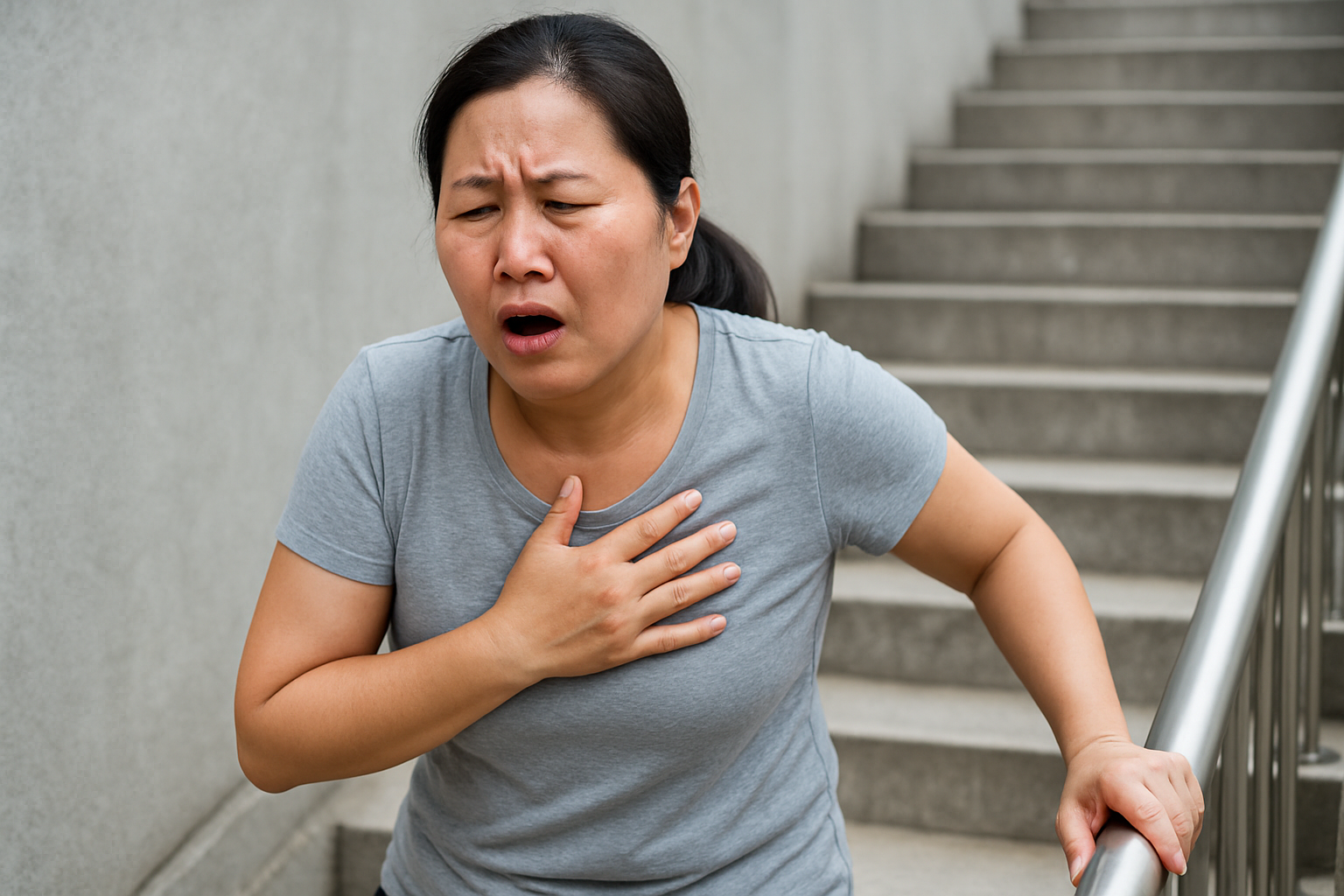Like other organs in the body, lungs also age. Several symptoms indicate that your lungs aren't functioning as well as they used to, which can help you form healthy habits to maintain a healthy respiratory system.
Wheezing
Wheezing when inhaling is a high-pitched whistling sound and one of the early signs of lung damage. Narrowed airways cause this whistling sound because they make it difficult for air to move in and out of the lungs. If you notice this happening frequently, you should see a doctor for a checkup.
Frequent coughing with phlegm
Coughing up phlegm is often associated with allergies or infections. If this persists, it could signal a more serious health issue. Normally, the lungs produce phlegm to protect the airways. However, some people experience continuous phlegm production, which means the lungs aren't effectively removing irritants. This is a sign of aging lungs or underlying disease.
Shortness of breath
Getting winded after strenuous exercise is normal. However, feeling breathless while performing everyday tasks can warn of lung damage. Lungs start to lose their elasticity over time and become less flexible, making it harder for the body to absorb oxygen. You should consult a doctor for a lung health assessment if you experience this frequently.
 |
Feeling tired and short of breath while climbing stairs can be a sign of aging lungs. Image generated by AI.
Inability to take a deep breath
If you feel breathless or unable to take a deep breath, it indicates a lung problem. This feeling is often due to reduced lung capacity. Deep breathing becomes difficult when the muscles around the lungs weaken, leading to discomfort from not getting enough air.
Fatigue while climbing stairs
If you find climbing stairs more tiring than before, your lungs might be aging. As lung function declines, the body needs more energy to perform physical activities. This is why someone might feel weak and tired doing things they previously found easy.
Chest tightness
Chest pain or tightness can also be a sign of lung disease. A slight tightness in the chest during exertion may be due to the lungs losing strength and elasticity. This happens because of increased pressure on the chest muscles as the lungs cannot inhale air as easily as before.
Le Nguyen (Times of India)
| Readers can submit questions about respiratory diseases here for doctors to answer. |












